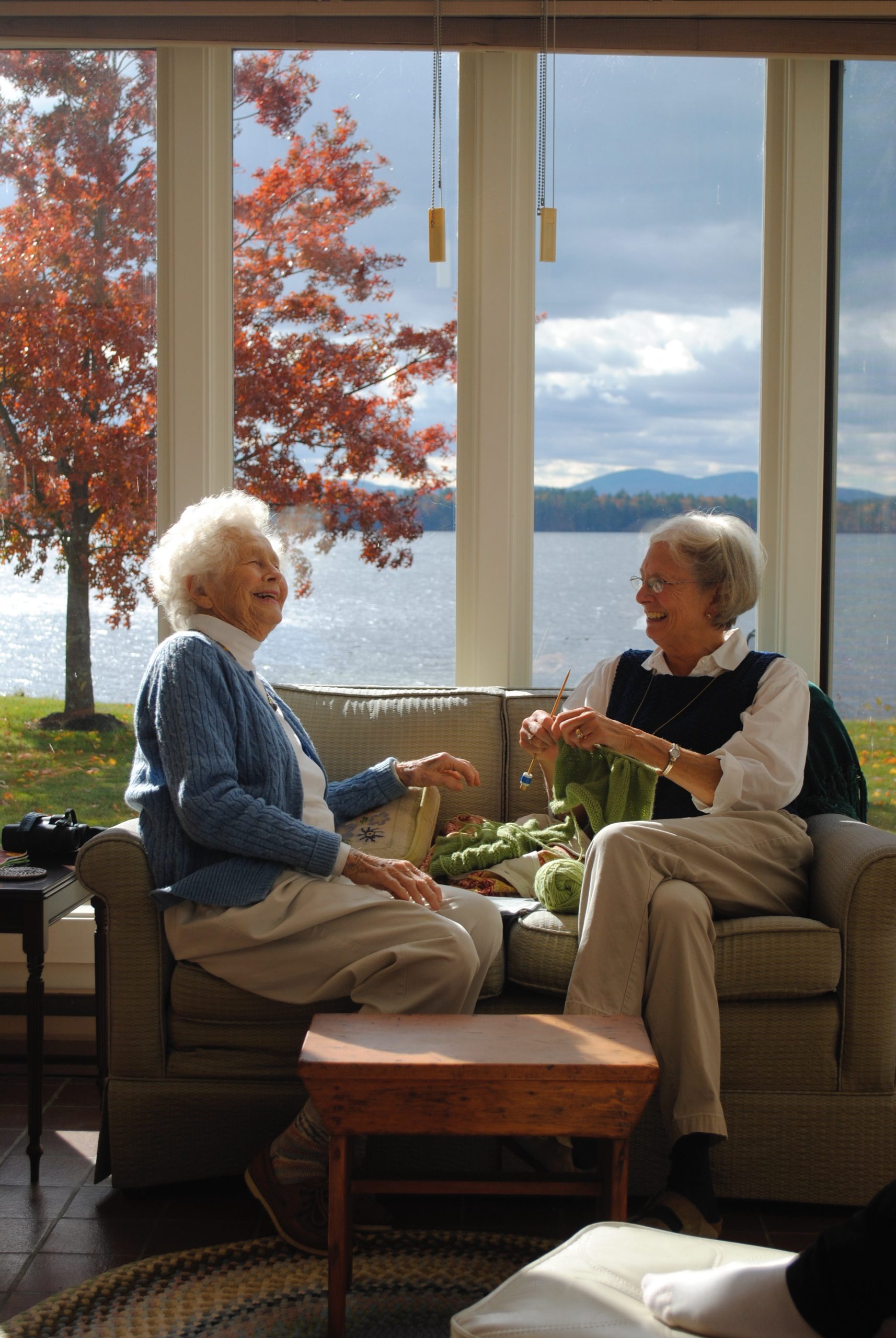Category: Caregiving & Support
Caregiving & Support: This section provides valuable information and resources for seniors, their families, and caregivers to better navigate the challenges of caregiving. Topics covered include home care, respite care, long-term care planning, caregiver support, and coping strategies for common issues related to aging and caregiving. Our aim is to offer practical advice, emotional support, and useful resources to assist seniors and their caregivers in maintaining the highest possible quality of life.
Addressing the Social Stigma of Disability Care
What is the social stigma associated with disability care? The social stigma associated with disability care refers to the negative attitudes, beliefs, and stereotypes that society holds towards individuals with disabilities and those who provide care for them. This stigma often leads to discrimination, exclusion, and marginalization of people with disabilities and their caregivers. Why…
Read MoreImproving Quality of Life: Strategies for Parkinson’s Care
Question: What are some strategies for improving the quality of life for individuals with Parkinson’s disease? Answer: There are several strategies that can help improve the quality of life for individuals with Parkinson’s disease: Regular exercise: Engaging in physical activity such as walking, swimming, or yoga can help improve mobility, balance, and overall well-being. Medication…
Read MoreNavigating the Challenges of Alzheimer’s Care: Tips for Family Caregivers
What is Alzheimer’s disease? Alzheimer’s disease is a progressive neurological disorder that affects the brain, leading to memory loss, cognitive decline, and changes in behavior and personality. It is the most common form of dementia and typically affects older adults. What are the challenges faced by family caregivers of individuals with Alzheimer’s? Family caregivers of…
Read MoreThe Role of Music Therapy in Dementia Care
What is music therapy? Music therapy is a form of therapy that uses music to improve the physical, emotional, cognitive, and social well-being of individuals. It is a non-pharmacological intervention that is based on the idea that music has the ability to evoke memories and emotions, stimulate brain activity, and enhance communication. How does music…
Read MoreTips for Finding the Right Respite Care Provider
Question: What is respite care? Answer: Respite care is a type of temporary care provided to individuals who require assistance with daily living activities. It offers relief to primary caregivers, allowing them to take a break from their caregiving responsibilities while ensuring that their loved ones receive proper care and support. Question: How do I…
Read MoreNavigating the Benefits of Caregiver Support Groups: A Comprehensive Guide
Navigating the Benefits of Caregiver Support Groups: A Comprehensive Guide What are caregiver support groups? Caregiver support groups are gatherings of individuals who are caring for a loved one with a chronic illness, disability, or aging-related condition. These groups provide a safe and supportive environment for caregivers to share their experiences, learn from others facing…
Read MorePreventing Burnout: Tips to Manage Caregiver Stress
What is caregiver burnout? Caregiver burnout refers to the physical, mental, and emotional exhaustion that can occur when someone is providing care to a loved one. It often results from the overwhelming demands and responsibilities of caregiving. What are the signs of caregiver burnout? Signs of caregiver burnout may include fatigue, irritability, feelings of hopelessness,…
Read MoreExploring the Benefits of Hospice Care: Enhancing Quality of Life
What is hospice care? Hospice care is a specialized form of healthcare that focuses on providing support and comfort to individuals who are in the final stages of a terminal illness. The goal of hospice care is to enhance the quality of life for patients and their families by managing pain and symptoms while also…
Read MoreExploring the Benefits of Palliative Care: A Holistic Approach to Patient Care
What is palliative care? Palliative care is a specialized approach to patient care that focuses on improving the quality of life for individuals with serious illnesses. It aims to provide relief from symptoms, pain, and stress, while also addressing the emotional, social, and spiritual needs of the patient and their family. Who can benefit from…
Read MoreExploring Different Long-Term Care Options: Which is Right for You?
What are the different long-term care options available? There are several long-term care options available for individuals who need assistance with daily activities. Some common options include nursing homes, assisted living facilities, in-home care, and adult day care centers. Each option offers different levels of care and services, so it’s essential to evaluate your needs…
Read More






